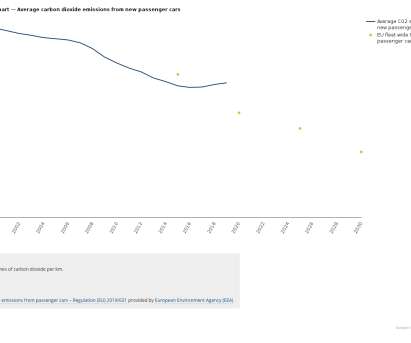EEA final data shows average car CO2 emissions in Europe kept increasing in 2019
Green Car Congress
JUNE 2, 2021
million new cars were registered in 2019 in the EU, Iceland, Norway and the United Kingdom, and about 38% of these were SUVs. Most new SUVs registered were gasoline vehicles, with average emissions of 134 g CO 2 /km, which is around 13 g CO 2 /km higher than other new gasoline cars. Electric vehicles constituted 3.5%


















Let's personalize your content